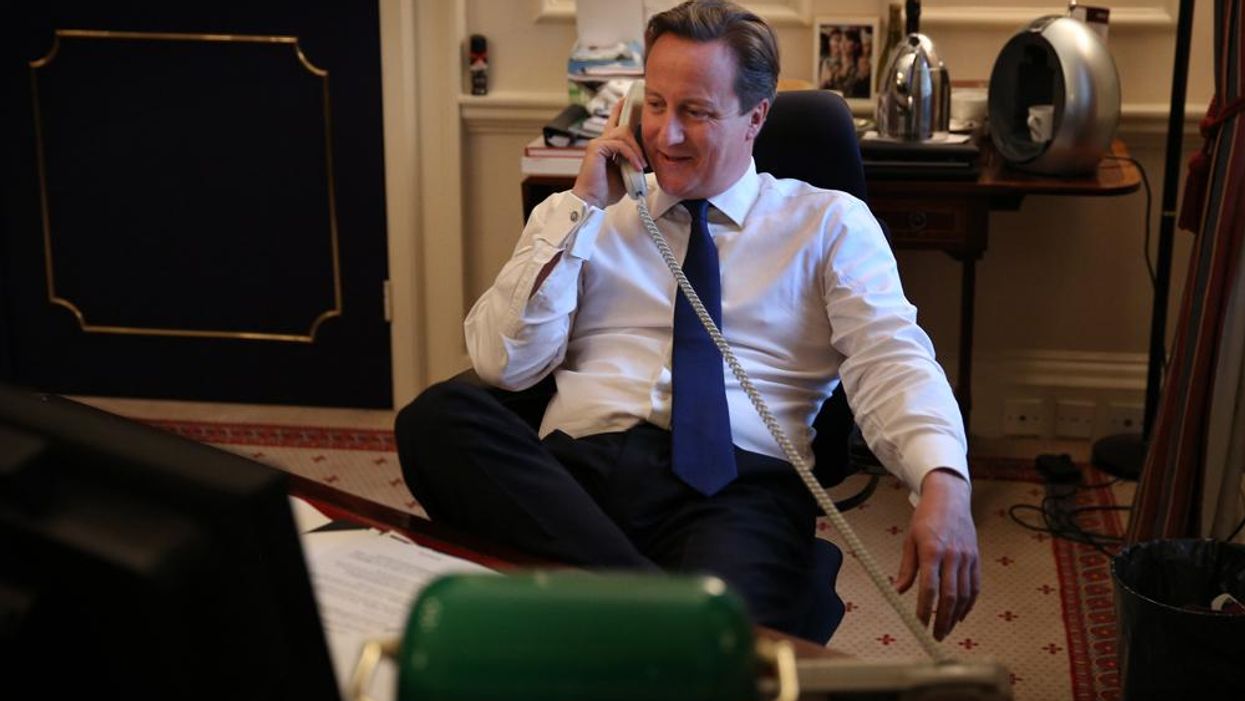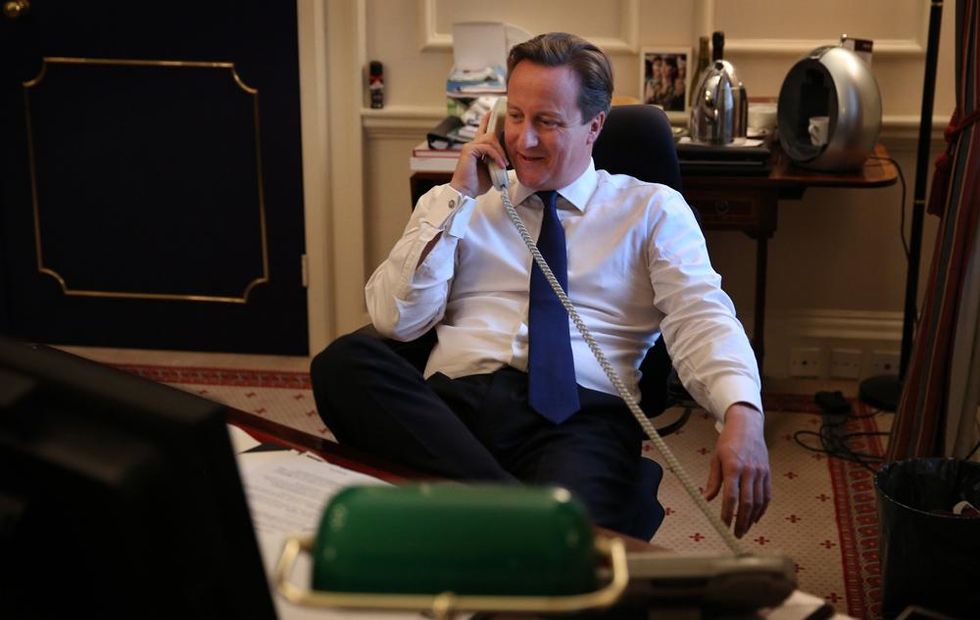Celebrities
Dina Rickman
Mar 04, 2015

Looking for a new job? This is what not to do, according to recruitment firm Front of House.
The company suggest the best way to make a good impression on your potential employer is to look smart, spit your gum out and remember to turn your phone off. As for what to avoid? Here are their 10 things to avoid.
1. A limp handshake
"A weak handshake is one of the most common interview issues, with many candidates giving off the impression that they're fragile and unconfident based on their handshake."
2. Chewing gum
"A surprising number of job applicants chew gum during their interviews, including many experienced professionals, lowering their chances of being accepted for their dream job."
3. Ignoring the dress code
"Flat shoes, extremely tall heels, false eyelashes and unusual attire send the wrong impression during job interviews."
4. Work history issues
"Employers are understanding of work history gaps, particularly with the financial crisis fresh in people's minds. However, some jobseekers make comments about their work history that make them seem like less desirable employees."
5. Poor presentation
"A surprisingly large number of job applicants send a bad impression to their interviewers by making mistakes like sitting with their bags on their laps."
6. CV spelling mistakes
"Nothing ruins a professional CV like a spelling error."
7. Answering the phone
"Letting your phone ring in an interview - particularly if you stop to answer it - is one of the most serious interview mistakes."
8. Poor body language
"Posture and body language have a huge impact on the way interviewers view your skills, confidence and competence."
9. Unusual comments
"Unusual, unnecessary comments - such as comments about a reception area being very busy or quiet - can change an interviewer's perception of you."
10. Rude behaviour
"Along with any of the problems listed above, a bad attitude is often all it takes to change a possible 'yes' into a definite 'no'."
More: The 10 jobs in Britain that make people scared to go back to work
Top 100
The Conversation (0)














